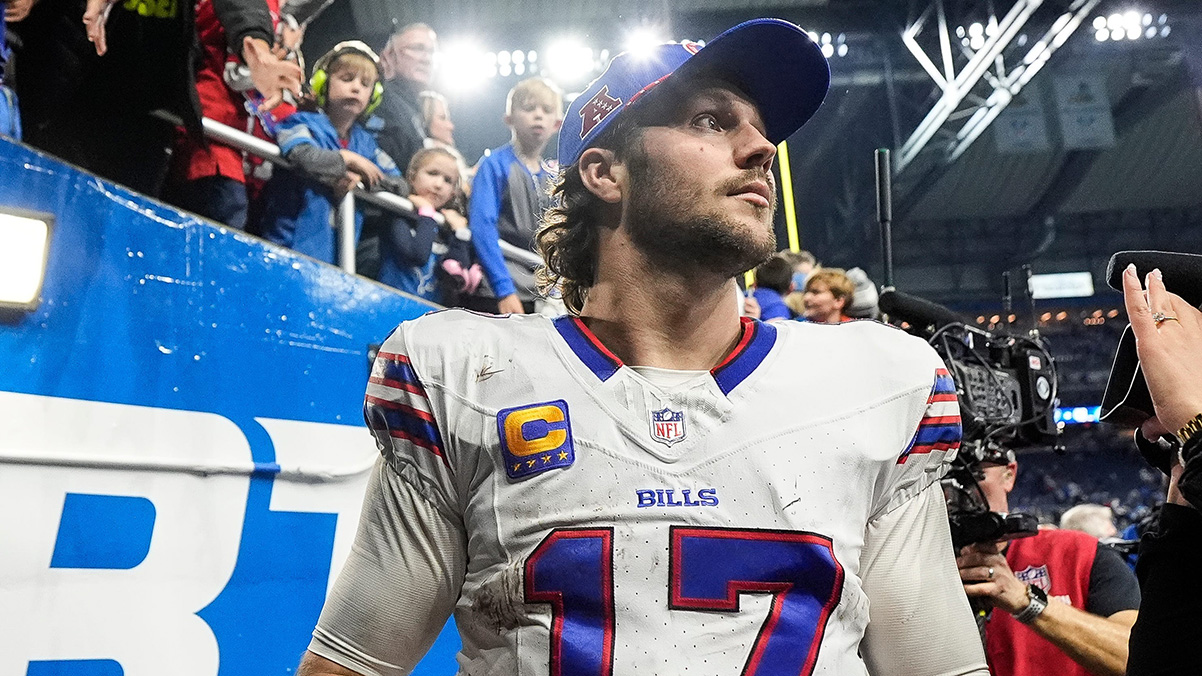House and Senate negotiators remain "far apart" on legislation that would legalize sports betting in Massachusetts, Speaker Ron Mariano said Thursday, and there's no timeline for action on half a dozen other major bills bottled up in private talks.
Mariano said he is "hopeful" the Legislature can reach agreement on a sports gambling bill his branch has long supported by the time formal sessions wrap up -- lawmakers may hold formal sessions through Sunday, July 31.
WATCH ANYTIME FOR FREE
>Stream NBC10 Boston news for free, 24/7, wherever you are. |
But asked to assess the chances "realistically," he took a different tone.
"Realistically, I don't know," Mariano said. "We're far apart."
Get updates on what's happening in Boston to your inbox. Sign up for our >News Headlines newsletter.
The chief negotiators on the competing bills are Rep. Jerald Parisella of Beverly and Sen. Michael Rodrigues of Westport. The bills were assigned to conference committee on May 19, and the group has opted to deliberate only in private.
A pressure point is whether to allow wagers on college sports in addition to professional contests, which the House included in its bill (H 3993) and the Senate left out of its version (S 2862). Mariano in the past has estimated state revenues would drop from $60 million to as low as $25 million if the bill omits college sports.
"I'm reluctant to turn over college sports to the black market," he said after meeting with House Democrats. "I've had that position since the beginning. If we're going to do this, I think there's an opportunity to include college sports rather than let it be only handled by bookies. I mean, I don't understand if you're going to do sports betting why you're going to leave out the Final Four, the bowl games, and the whole college football season. It just doesn't seem to me to be worth doing if you're going to leave those."
Local
In-depth news coverage of the Greater Boston Area.
A reporter observed in response that if no final sports betting legalization bill gets approved, everything -- not just college sports -- would flow to bookies.
"That's the way it is now," Mariano said.
Sports betting is one of the many topics tied up in private conference committee talks after both branches approved divergent legislation.
Panels produced final accords on clean energy and general government bond bills ahead of Thursday's House and Senate sessions, but others dealing with issues such as reproductive rights, military family licensure, mental health access and cannabis industry reforms have offered no indication if they are close to completion.
House Ways and Means Chair Aaron Michlewitz, one of the conferees on an abortion access bill responding to the U.S. Supreme Court ruling striking down Roe v. Wade, said Thursday the group is "still working on it."
"It could break at any moment, but it (also) could take a little while longer," Michlewitz said.
The House and Senate agreed on many sections of those bills, but differed on late-term abortions. Top Senate Democrats are concerned the House's move to allow authorize abortions after 24 weeks of pregnancy in cases of "severe" fetal anomalies, in addition to existing allowable reasons, could draw a veto from Gov. Charlie Baker.
And in less than a day, the Republican governor, who met by phone Monday with Democratic legislative leaders, will effectively gain veto power over any bill.
After Thursday, Baker will be able to hang on to bills the House and Senate send him until after July 31, when legislative rules call for the branches to halt their formal sessions and shift to informal sessions where a single lawmaker objection can halt a bill's progress and roll calls needed for overrides are not taken.
That means the Democratic supermajority no longer has the guarantee that it can muscle through their preferred version of a bill over the governor's opposition, an option available to them for the first 18 months of the lawmaking session if enough Democrats are in agreement, which they usually are.
Mariano on Thursday acknowledged the missed opportunity.
"We knew the deadline was in there," he said. "We worked to get it done by the deadline. We didn't do it, so now we have to live with those consequences."



